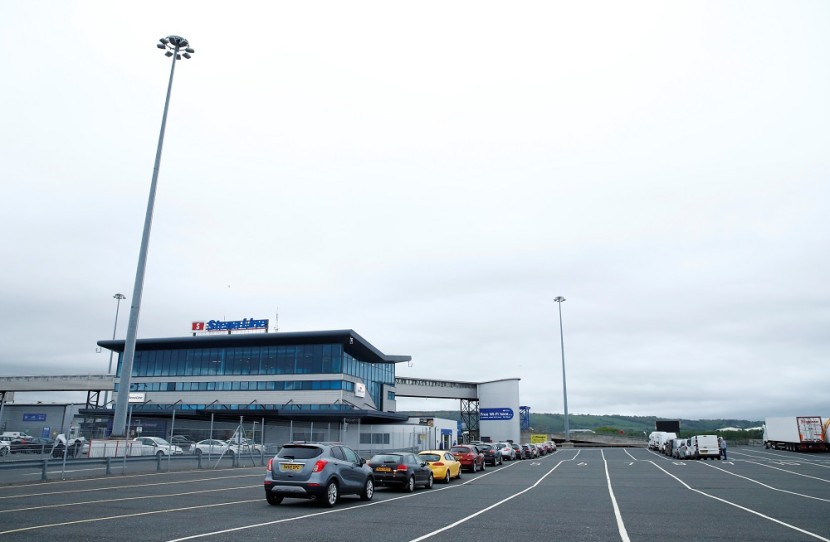
Cars could reach the level that they will be communicating with each other through 5G in order to make drivers mindful of possible dangers, according to scientists.
Its ultra-fast mobile internet would be a means for rapid transmission of information and could alert drivers of black ice, potholes, or other threats ahead on the road.
Experts from Glasgow Caledonian University (GCU) think that 5G may equip cars to send each other such messages.
The GCU research group's work on smart connectivity and sensing through mobile networks encompassed at least 25 years and includes vehicles, street-lighting systems, communication, and smart cities.
The fast speed, low-delay essence of 5G will heighten the reliability and capacity of automated vehicles to the level wherein they will be safer than the manual cars of the present (which you might be able to classify as clunker).
Huawei has collaborated with 18 car companies based in China to initiate the "5G car ecosphere" in the hopes to speed up the commercial process of 5G technology within the automotive industry.
5G cars have grown to become a strategic innovation hotspot for the evolvement of the automotive industry. The low latency and high credibility of 5G technology will mark a completely new imaginary space for features including automatic driving, intelligent network connection, and intelligent transportation.
People may anticipate witnessing autonomous vehicles become prevalent at an identical rate that 5G is deployed across the United States. Your vehicle in the future will also render information to other cars regarding road conditions and proffer performance information to automakers and drivers.
The GCU research group predicted the statistics of road traffic accidents, which the World Health Organisation (WHO) said accounted for over 1.3 million fatalities and up to 50 million people injured globally every year, will decrease remarkably as a result.
Ford Motor Co. is forging a path with talking-car technology that can lessen road accidents, disperse gridlock, and even make ordering at a fast food drive-thru more convenient.
The automaker declared Monday that it is gearing all its new American models beginning 2022 with the technology of cellular vehicle-to-everything.
Numerous car manufacturers have already been incorporating 5G into their vehicles, including as a means to help usher in the new generation of self-driving vehicles.
According to Dr. Dimitrios Liarokapis, a member of the research team, "To have a better idea of what the future will look like, think of having Tesla-like cars that not only use sensors to scan what's around them, they can also talk to each other and exchange safety-related information about their surroundings over an area that covers several square miles."
The new driving exposure and entertainment offering that consumers can imagine, along with the full-scene involvement of people, homes, and cars, are the target points of modernization in future 5G vehicles and are the direction that numerous car companies including Huawei are working together.
Since the world's first 5G vehicle module MH5000 was released last April 2019, Huawei has produced products and technologies including the 5G vehicle module MH5000 and the 5G vehicle terminal T-Box platform for ecosphere partners and several automotive enterprises, reinforcing the application modernization of 5G vehicles and 5G+C-V2X intelligent network connectivity.








